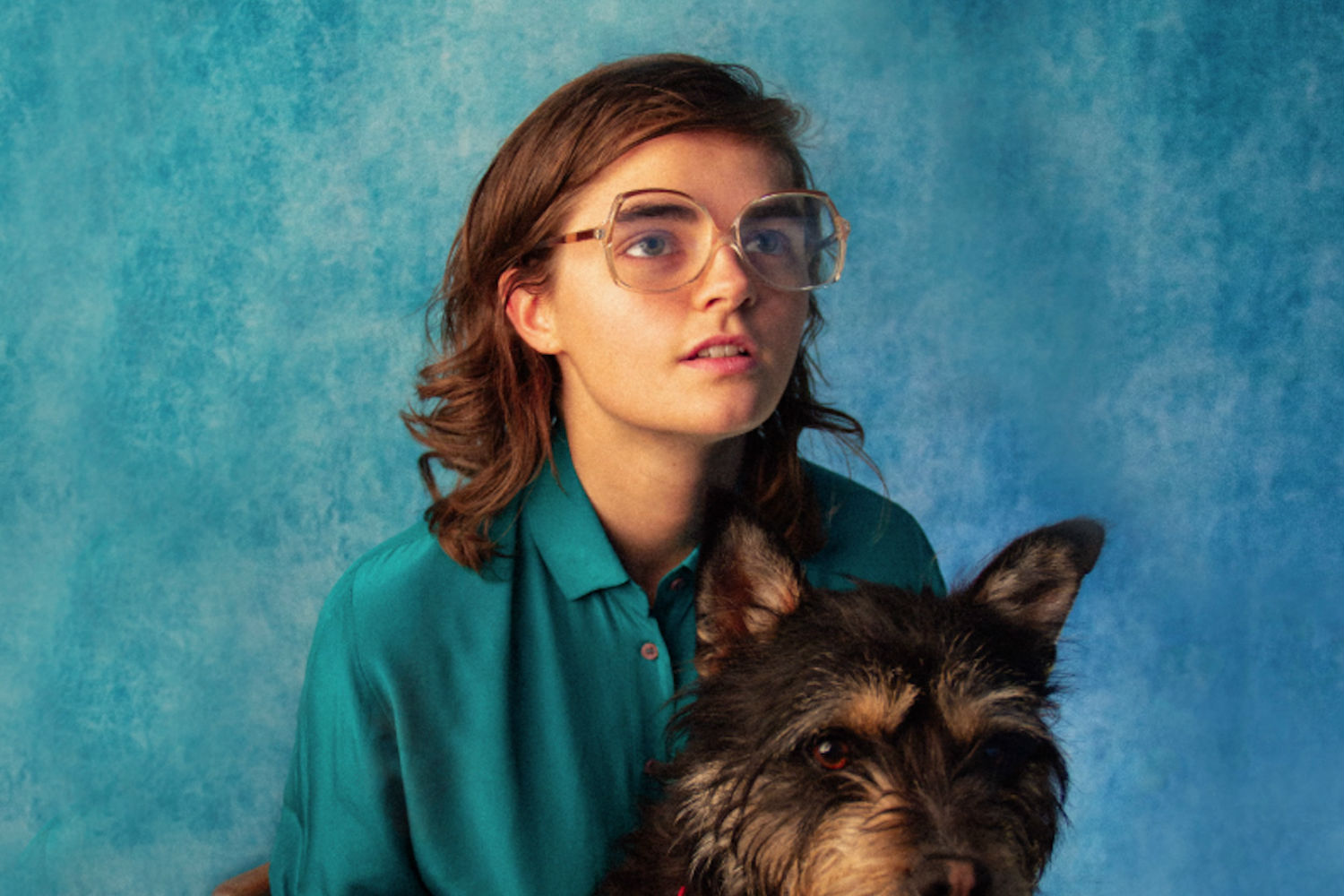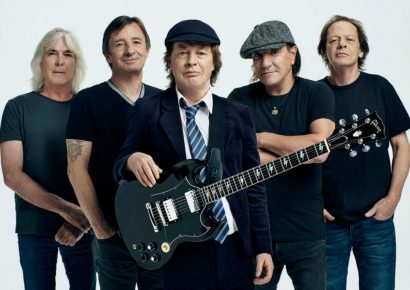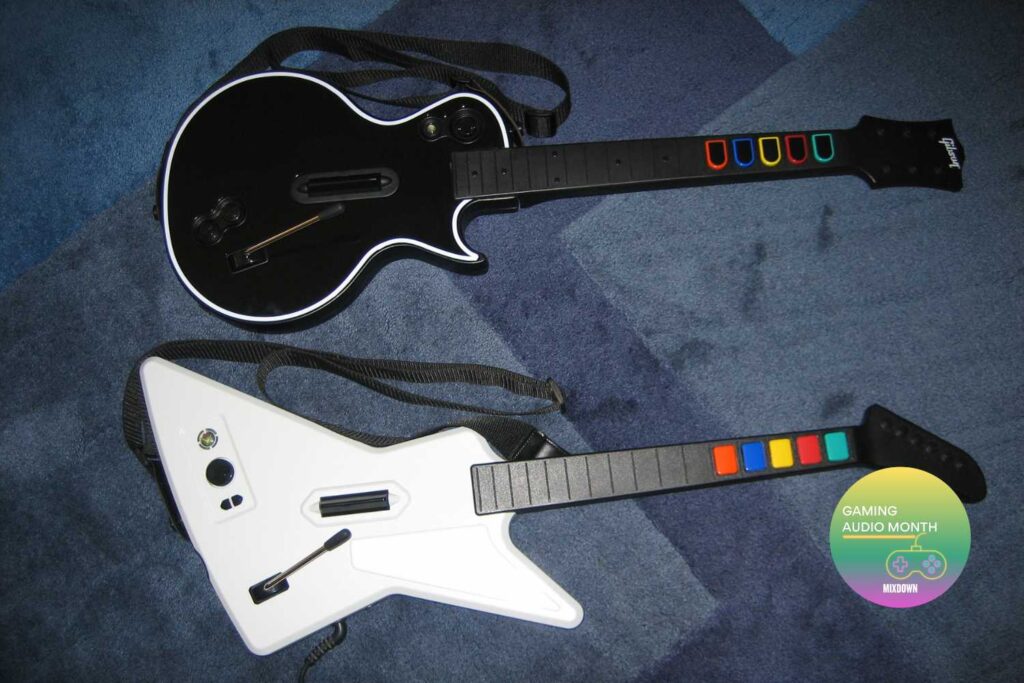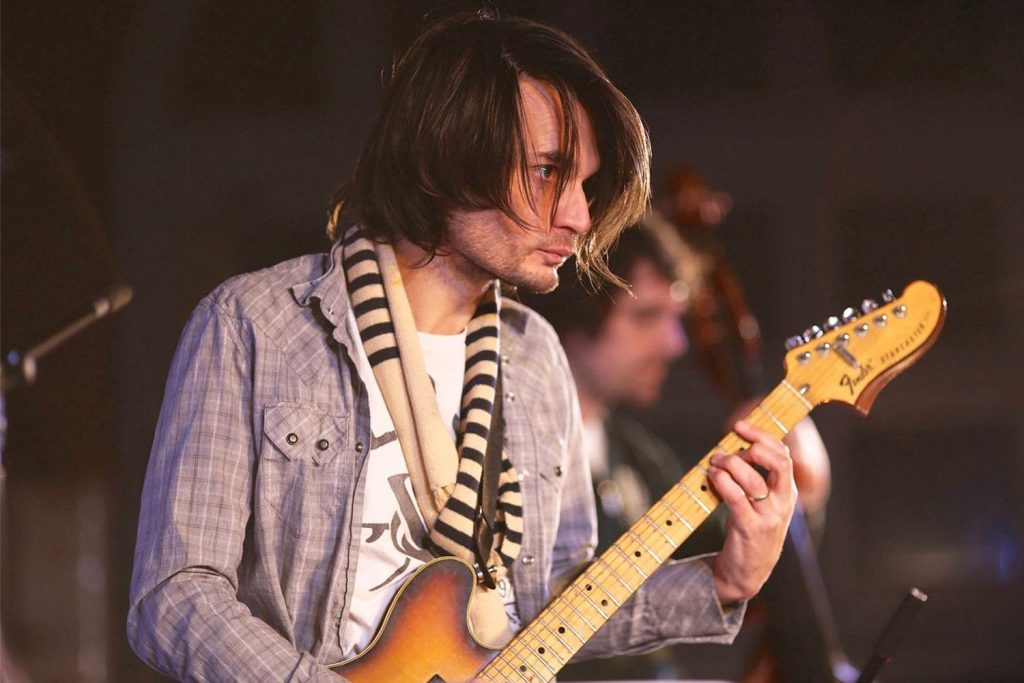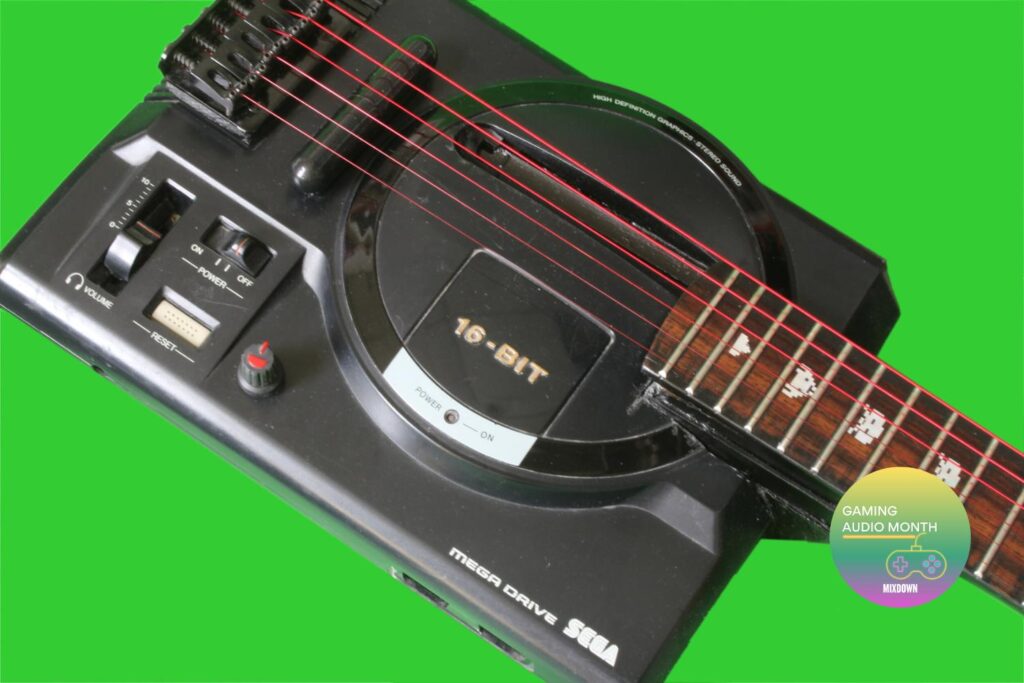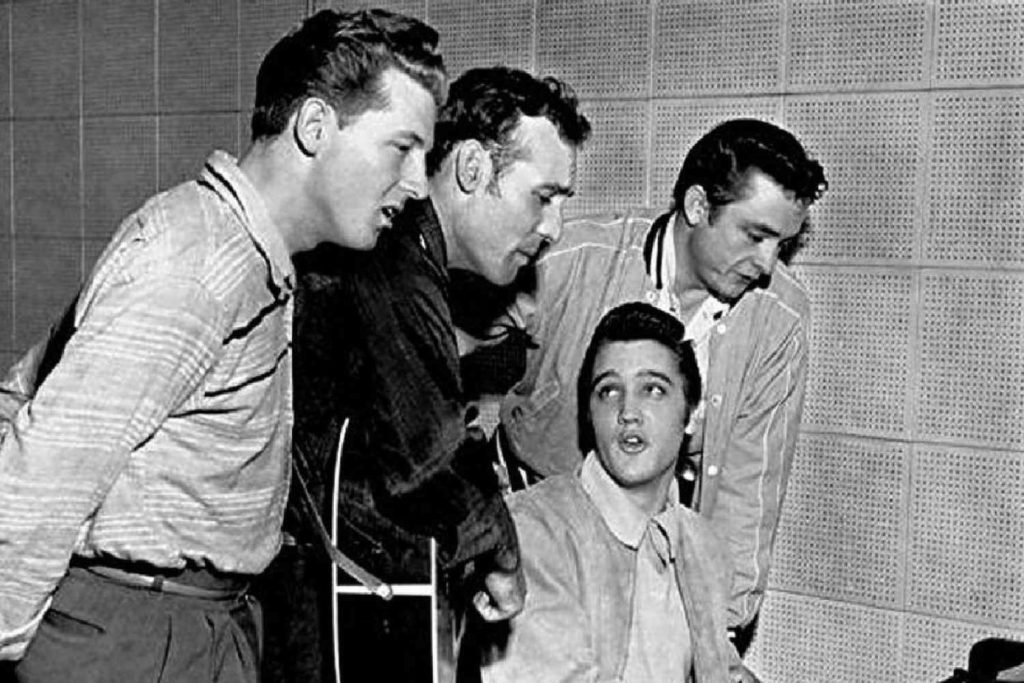Anika Ostendorf isn't your average bedroom pop artist.
Originally from Germany, Ostendorf eventually made her way across to Australia as an exchange student in her early twenties, where she inevitably became infatuated with Melbourne’s music scene. After landing an internship with Courtney Barnett and Jen Cloher’s Milk! Records, Ostendorf felt compelled to flesh out the material she was working on behind closed doors, assembling a crack team of local musicians to bring her bedroom pop curios to life as Hachiku.
Following the release of her debut EP in 2017, Ostendorf was soon faced with a number of trials and tribulations that can only come through navigating one’s mid-20s. Exacerbated by the frustations of being stuck in authoritative limbo while she waited for her Australian residency to be processed by the government, Ostendorf’s music took a much more introspective and intricate direction as she attempted to understand the chaos of the world around her, pouring her psyche into the music that would culminate in the construction of her debut album.
Comprised of eight glistening tracks that showcase her prowess as both a producer and songwriter alike, I’ll Probably Be Asleep is a fascinating debut album from one of Australia’s most unique emerging acts. From dealing with the loss of her family dog on ‘Shark Attack’ to the homesick salve of ‘Dreams of Galapagos’, it’s an album that’s as strikingly relatable as it is totally fascinating, with Ostendorf’s idiosyncratic production and charming lyricism keeping the listener on their toes and ready for whatever comes next.
With the international release of the album, Mixdown spoke with Ostendorf to hear about the unlikely influences, quirky gear and the various locations that informed the making of Hachiku’s fascinating debut.
Hey Anika! It’s such a pleasure to be able to chat with you about the new album. How long did you spend working on I’ll Probably Be Asleep?
Hey!! Thanks for talking to me, I’m a big fan of your magazine. It has taken quite a long time to be honest. I started the first demos in mid 2016 while doing mandatory farm work for my visa in Queensland, then slowly finished the eight songs over three years whenever I’d find a spare moment and space to set up my quite mobile recording station. We spent the last year planning the release and trying to find a home for it in terms of overseas labels.
I’ll Probably Be Asleep feels much more complex and perhaps even more brooding than your previous releases. Was there anything in particular that led you to explore such dense topics or textures?
I think my main motivation was to progress and develop from our previous pretty lo-fi, DIY bedroom recordings. I wanted this record to sound more professional and evolved and thought out (maybe a little too thought out in the end… I definitely spent a lot of time overthinking and re-recording and wasting time…).
I think just personally I had learnt a lot as a self-taught producer with recording skills a la YouTube tutorials and had the ambition to implement newly learnt tricks into the songs to keep doing things in a new way.
You recorded the new album in a myriad of locations in Australia and around the world. Can you give us an insight into some of the spaces you recorded in, and how you tapped into your surroundings while creating the album?
Yeah, any time I found some spare time I would be working on the songs. I am quite a minimalist in that I can work anywhere as long as I have my laptop, headphones, interface and some sort of sound source, whether that’s Casio keyboard, guitar, my voice or my mother putting glasses in the dishwasher.
Hence, the spots I ended up recording or mixing were pretty much all over the place, let me try and remember them! First, there’s my bedroom studio in Northcote (“Busy Being Boring” with vocal recordings done under a ladder and a thick blanket thrown over it), my girlfriend’s father’s converted warehouse space in Footscray (for the loud, distorted guitars in “I’ll Probably Be Asleep”).
Also, Evelyn Ida Morris’ recording space in Fitzroy (thanks for letting me use it for a couple of hours! All the vocal recordings that needed peace and quiet were done there), the Milk! Warehouse in Coburg (drum recordings for ‘A Portrait of the Artist as a Young Woman’), RMIT Carlton where my friend Laura recorded drums for ‘I’ll Probably Be Asleep’, and my bandmate’s house for Jessie’s bass recordings.
I also used my father’s sound-proof room in Germany where I locked myself into for two weeks and tried to finish most songs, as well as our little holiday apartment in the north of Germany. I had forgotten my microphone and ended up recording some backing vocals in the toilet straight into my MacBook mic, which is also where my mother was banging glasses really loudly while filling the dishwasher that I ended up recording – they are now in the outro for ‘Dreams of Galapagos’!)
Lastly, I finished some pre-mixes on the train to my sister’s flat in Germany when I was in a real rush to get things done, and also a house-boat we had rented on holidays in Switzerland, tethering from my dad’s iPhone to last minute upload stems.
It sounds like you’ve also really expanded on your own sonic palate across this record; in tandem with your lyrical narratives, there’s a lot of recurring instruments or tones across the album that help tie it together really cohesively. Can you tell us about some of the equipment that you tend to favour while recording and how they might inform your own process?
It’s really shifted a lot since I discovered Ableton earlier this year. I used to be anti-MIDI for anything except for a low-end boost in the form of a MIDI organ or sub-bass but I am more and more getting into all the fun bits the digital world has to offer. Sample packs – wow!!! Game changer. I was getting ready to sample my whole Casio keyboard collection, which I might still do most likely.
Regarding equipment, I am a big fan of analogue keyboards and occasionally add a new eBay or Gumtree find to my collection. Putting those through my pedal board creates some slightly unique sounds you don’t find as downloads on the Internet.
In terms of audio equipment and software – I use Logic, a Focusrite interface, a pair of whichever okay headphones I have lying around and am pretty good at researching ‘best microphones to record xyz with on a budget’. I don’t think any of my mics are worth more than $150 but they do the job if you know how to EQ and compress them afterwards.
One thing that definitely informed the album making process was that my interface only has two inputs. Therefore the drum recordings on most songs had to be done with each part of the drum kit being played separately – first the kick drum, then the snare, then the toms etc. Sometimes it’s fun having those limitations, sometimes it’s super annoying. But yes, improvising with whatever I have lying around is a challenge I happily accept.
Further to that, are you making music all in the box, or are you a hardware enthusiast? It sounds like we’re hearing a lot of analogue across the album…
Yes, this album is pretty much 100% analogue recordings. Get ready for that to shift to 100% digital Ableton in the future – nah not really. I’m still a little suspicious towards anything I can’t touch.
I love playing around with my three-track loop station and coming up with song ideas that way – looping a chord progression for hours on end and creating vocal layers over layers. I do take things to my computer pretty quickly, mainly so I don’t forget an idea and because most of my effect chains and editing and arranging and pre-mixing is done in the box.
You’re also lucky enough to play with an incredible live group. Did they contribute much to the recording of the album, or is what we’re hearing mainly all written and performed by you personally?
I love my band so much!! Jessie, Georgia and Simon ended up playing on two of the songs, “I’ll Probably Be Asleep” and “You’ll Probably Think This Song is About You”.
Those were the only two songs we had played live together as a band and after I finished the solo recordings of both songs I was really missing the parts they had added in our performances and the full-band energy they brought to it. It was nice being able to include them in the album credits in the end too – it makes me look like less of a loner haha.
Were there any artists, albums or producers that you found yourself drawn to during the recording of I’ll Probably Be Asleep? How’d they help to inform the overall direction of the record?
I think every individual song on the album very much sits in its own sonic realm and in that way I also had a range of different artists and producers that inspired each song individually, rather than the album as a whole.
I just had a look at the reference notes I sent along to Tom Healy, who mixed the record – it’s ranging from Beach House to Slowdive to Youth Lagoon to the Lion King Soundtrack. Then, there’s Adele and The Cure to Kavinsky to Blood Orange, plus Sky Ferreira, Grimes, Notwist, Aldous Harding, Mazzy Star and Ratatat to Nicolas Jaar.
These references are for very particular parts of each song – sometimes I love the guitar sound of a song and would like to incorporate that, sometimes a drum beat I wrote reminded me of someone’s song and I wanted it to sit similarly in the mix. I usually have an idea for a song and after a while when I get a clearer idea of the musical world I want to ‘create’ inspirations and references come to my head that I then write into my Logic notes section for later input in case I get stuck.
I find it fascinating that you consider yourself more of a producer than a songwriter, particularly given how vivid and relatable your songwriting is across this record. Do you think it’s easier, or more comfortable, to assume the role of a sonic curator, as opposed to a storyteller?
Mhhm, I guess so! I always feel like a bit of a fraud when it comes to lyrics. Sometimes they come to me naturally, but very often they are random anecdotes or thoughts I almost have to force myself to come up with after I have finished the instrumental side of a song.
I think because they are often secondary in my process, I feel like they must be playing a subordinate role. If I really think about it though, maybe it’s because melody writing and finding cool sounds and chord progressions is actually pure fun.
Lyrics on the other hand – I have to dig deep within myself and almost torture my mind a little to access that part of my brain. It’s worth it but not quite as entertaining as putting my keyboard through a distortion pedal, then a delay pedal, then pitch-shifting it down 2 octaves, then auto-tuning and reversing it all just to be replaced by a mini-accordion later.
I’d be interested to hear about what you learnt while interning at Milk! Records – was there anything in particular you learnt from Jen or Courtney that made a lasting impact on your identity or ethos as an artist?
I think from just watching both Jen and Court and their work ethic, they both basically taught me that being in this industry and creating a sustainable career is hard, tedious and at times frustrating work!
At the start, you have to put in a lot of hours for very often very little in return – and if you’re not prepared for that, it can be a little disheartening and a good test for how well you deal with delayed gratification.
Jen’s running these workshops called ‘I Manage My Music’ that I can highly recommend to any self-managed artists out there. It’s very hands on and delivers important advice and insightful real-world experience that I still refer to these days, such as never spending any money I don’t have, needing to take myself seriously as an artist before anyone else does and not being too desperate and pushy with anyone.
Courtney as well is always there with a helping hand when I’m looking for any sort of advice. And just watching her career that has taken itself to the ultimate full-time touring musician next-level is pretty eye-opening.
Getting a more personal insight into what such a career entails keeps me pretty grounded and demystifies that glorified version of a rockstar – after all it is like many other jobs where you have to be very disciplined, work long days and make many personal sacrifices.
Looking back on your own journey, how have you evolved as a musician/producer since you embarked on exchange to Melbourne? How pivotal was the culture of the city in shaping Hachiku as an artist?
I think I’ve definitely improved my skill set as a musician and producer and am a little more professional in my autodidactic ways.
I’m also less convinced that everything needs to pass through my hands to be part of my artistic output – there are so many people out there that can do things better than I can and I am getting more and more used to the idea of outsourcing, whether that’s the mixing of our record or letting an actual drummer play drums on the songs or creating cover artwork or posters for gigs.
I’m glad I’m not as controlling and precious anymore as I used to be. Melbourne has definitely transformed me from this lonesome wolf that had not much more than a grand idea of what my musician life should look like, to someone who appreciates being part of a music community and inspired by real life people around me that do real life amazing things.
I’ll Probably Be Asleep is out now on Milk! Records and Marathon Artists.
